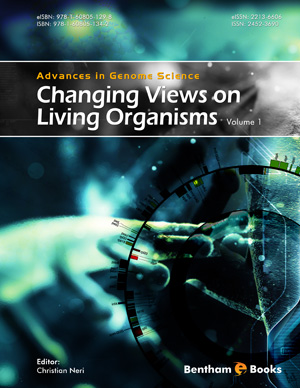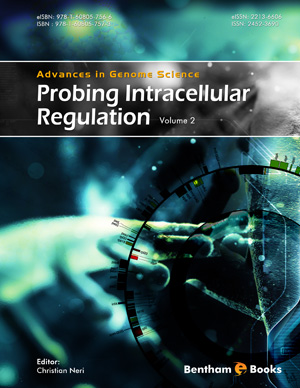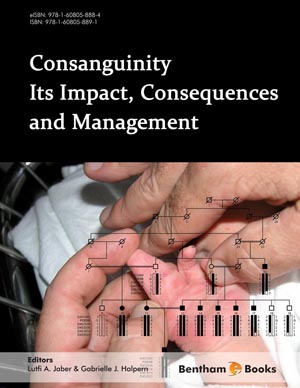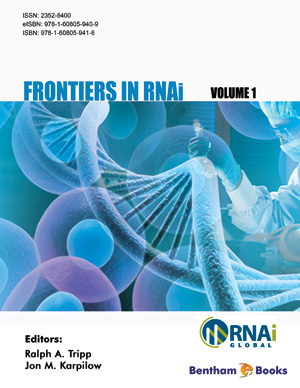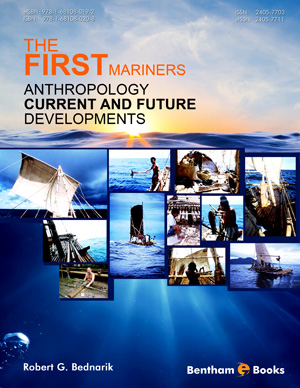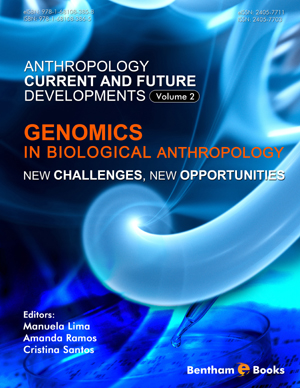Abstract
Epigenetics explores heritable changes in gene expression that occur without changes in DNA sequence. Several epigenetic mechanisms - among which DNA methylation, histone modifications and microRNA expression are the best studied - can adapt genome function to respond to environmental requirements. In this chapter, we review current evidences indicating that environmental agents are able to modify epigenetic markers. The epigenetic alterations induced by some exposures are the same as/or similar to epigenetic alterations found in patients with diseases. Several investigations have examined the relationship between exposure to environmental chemicals and epigenetics, and have identified toxicants that modify epigenetic states. Among these we will focus on exposure to particulate matter, heavy metals and organic compounds. We have also considered how the length of the exposure and the concentration of pollutants may modify the environment-epigenome interaction, and how genetic variability, prenatal exposure, and circadian rhythm may mitigate or overstate epigenetic disruptions.
Keywords: Epigenetic markers, environmental exposure, DNA methylation, histone modification, microRNA's, environment-epigenome interaction, particulate matters, heavy metals, organic compounds.









